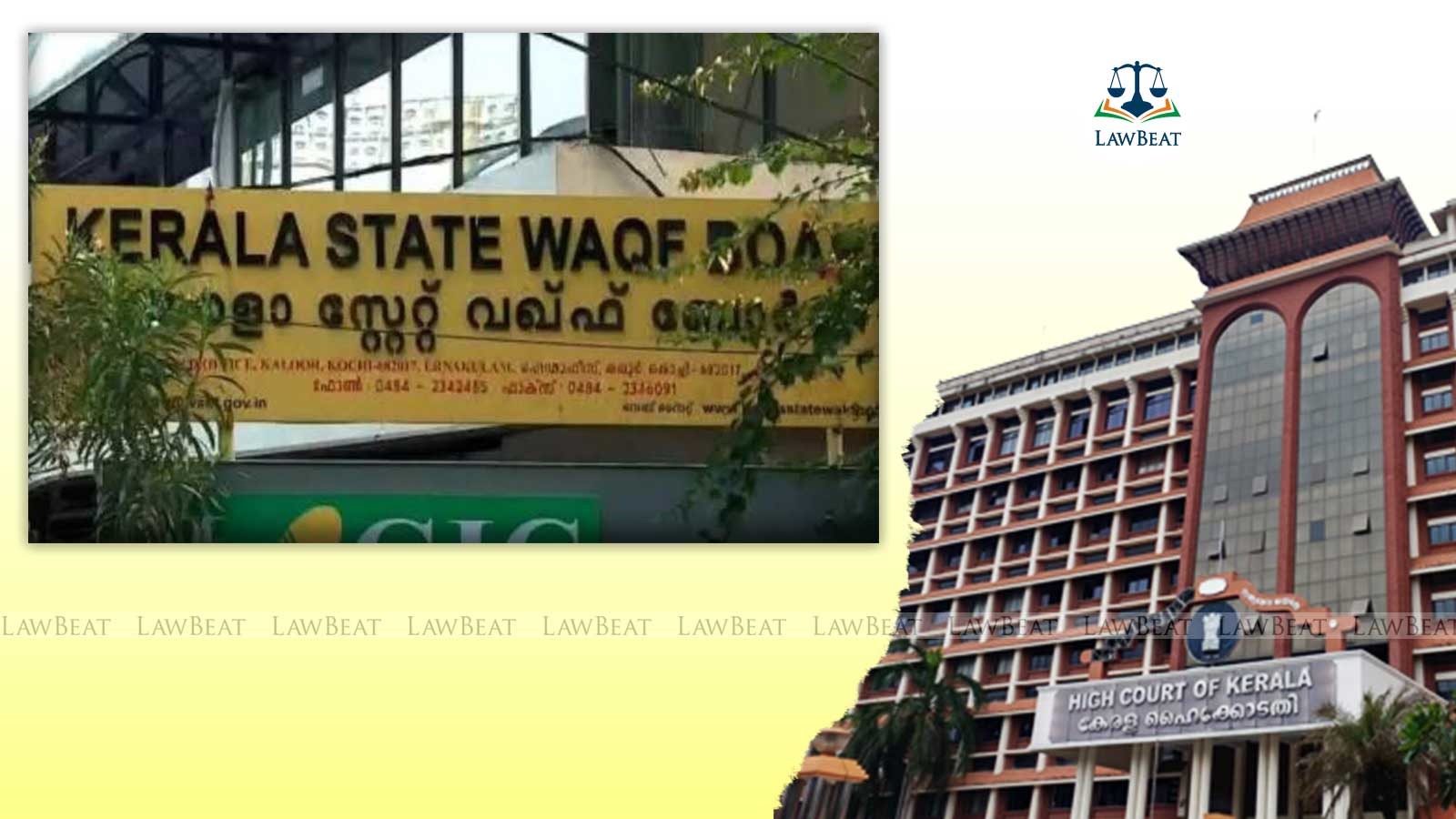Civil Courts Can Execute Decrees on Waqf Disputes Even After Constitution of Waqf Tribunal : Kerala HC

“The Court which passed the decree does not become functus officio by the mere fact of ceasing to have jurisdiction after passing the decree,” the court observed
The Kerala High Court has ruled that Civil Courts retain the authority to execute decrees related to waqf disputes, even after the constitution of the Waqf Tribunal. Justice Kauser Edappagath, presiding over the court, clarified that civil courts maintain jurisdiction to execute both their own decrees and those issued by the Waqf Tribunal.
“Even after the constitution of the Waqf Tribunal, the civil Court did not cease to have jurisdiction to execute the decree passed by the civil Court in respect of a waqf dispute or to execute a decree passed by the Waqf Tribunal. There is no express provision in the Waqf Act that the Waqf Tribunal is the only Forum to execute the decree relating to Waqf disputes,” the court observed.
The observation of the court came while hearing a case involving the Kuttilanji Muslim Mosque, registered under the Kerala State Waqf Board. The petitioners claimed their ancestors had established the mosque, but the respondents allegedly formed an unauthorized committee to control its administration. The petitioners filed a suit in 1996 seeking a declaration, a prohibitory injunction, and recovery of possession.
At that time, the Waqf Tribunal had not been constituted in Kerala; it was established only in 1998 while the suit was ongoing. The respondents argued that after the formation of the Tribunal, the civil court lost jurisdiction under Section 85 of the Waqf Act. Nonetheless, in 2000, the trial court ruled in favour of the petitioners, granting them possession of the mosque and an injunction against the respondents. This decree was upheld on appeal and became final in 2016. When the petitioners moved to execute the decree in the Munsiff’s Court, the respondents contended that only the Waqf Tribunal could execute it as per Section 37 of the Code of Civil Procedure (CPC). The Execution Court agreed, leading the petitioners to challenge this before the High Court.
The court explained, “Once it is established that the Court has jurisdiction to pass the decree, it does not cease to have jurisdiction to execute it merely because there was a subsequent alteration of the jurisdiction of the Court. The Court which passed the decree does not become functus officio by the mere fact of ceasing to have jurisdiction after passing the decree.”
The court noted that while Section 83 of the Waqf Act establishes Waqf Tribunals and Section 85 restricts civil court jurisdiction, the Tribunal did not exist when the 1995 suit was initiated, emphasising that “There is no provision in the Waqf Act to transfer a validly instituted suit to the Waqf Tribunal after the constitution of the Waqf Tribunal.”
“In the absence of a provision to transfer the pending suit to the Waqf Tribunal, the civil court has jurisdiction to adjudicate the pending suit despite the bar under Section 85. The bar of jurisdiction of Civil Courts under Section 85 of the Waqf Act would be effective only with effect from the constitution of the Waqf Tribunal; till such time, the jurisdiction of the Civil Court would continue as a rightful forum for the adjudication of the Waqf disputes,” the court further stated. It also cited Section 7(5) of the Waqf Act, which excludes the Tribunal’s jurisdiction over suits commenced in civil courts before the Act’s enforcement.
Consequently, the court directed the Execution Court to proceed with enforcing the decree, ruling that “there is no bar for the civil Court to execute a decree passed by it relating to a waqf dispute even after the constitution of the Waqf Tribunal.”
Cause Title: T K Makkar v. Meeravu Haji [OP(C) NO. 177 OF 2023]
